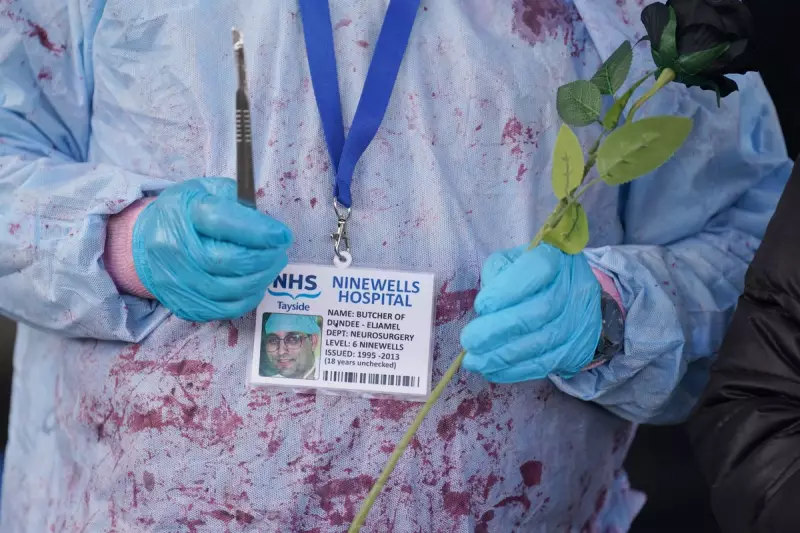
NHS Board Accused of Destroying Vital Evidence in Rogue Surgeon Probe
A public inquiry investigating disgraced neurosurgeon Sam Eljamel has been rocked by the revelation that NHS Tayside destroyed approximately 40 patient logbooks this summer, despite an explicit order to preserve all evidence. The logbooks, containing crucial information about Eljamel's patients between 1995 and 2013, were destroyed on 24th July 2025. This act directly contravened a 'do not destroy' notice issued by the inquiry chair, Lord Weir, in October 2024.
'Gross Negligence or Possible Malice'
Joanna Cherry KC, representing the patients and families affected, expressed profound shock at the destruction. She stated that the only plausible explanations for such an act were either 'gross negligence or possible malice'. Ms Cherry emphasised that these logbooks could have provided vital evidence for the 138 core participants—former patients officially recognised as having been harmed by Eljamel—who have long suspected their medical records were incomplete or tampered with.
She called for key witnesses, including the chief executive and chief operating officer of NHS Tayside, to be called to give evidence under oath to explain the chain of command that led to the destruction of this potential evidence.
A Legacy of Devastation and Institutional Failure
The Eljamel Inquiry, announced by the Scottish Government in September 2023, is examining the surgeon's professional practice during his tenure as head of neurosurgery at Dundee's Ninewells Hospital. Eljamel was suspended in December 2013 and subsequently resigned in May 2014 before removing himself from the medical register in 2015.
Ms Cherry's opening statement detailed the harrowing experiences of patients, many of whom live with devastating and permanent injuries. She revealed that some felt they were 'blacklisted' by the health board and were dismissively labelled as 'frequent flyers' or 'season ticket holders' due to the extensive further treatment they required. The alleged malpractice includes:
- The absence of informed consent.
- Ignored warnings about underlying conditions.
- The use of experimental medical techniques and devices.
- A lack of expertise to perform specific surgeries.
- 'Ghost surgeries' where a different procedure was carried out than the one consented to.
Many victims have suffered the loss of their jobs, marriages, and homes as a direct result of the failed treatments.
Inquiry Scope Widens as Hearings Postponed
Counsel for the inquiry, Jamie Dawson KC, confirmed that the investigation could extend beyond Ninewells Hospital and NHS Tayside to examine other parts of the NHS, such as Dundee Royal Infirmary or NHS Fife. Hearings originally planned for February have been postponed.
The inquiry will scrutinise a range of critical issues, including the completeness and accuracy of medical records, potential falsification, and the use of unlicensed products in surgery. Mr Dawson pledged that the proceedings would be trauma-informed, acknowledging the profound impact on the victims.
Other core participants in the inquiry include the Scottish ministers, the Royal College of Surgeons of Edinburgh, and Healthcare Improvement Scotland. The inquiry continues in Edinburgh with NHS Tayside scheduled to give its opening statement.






